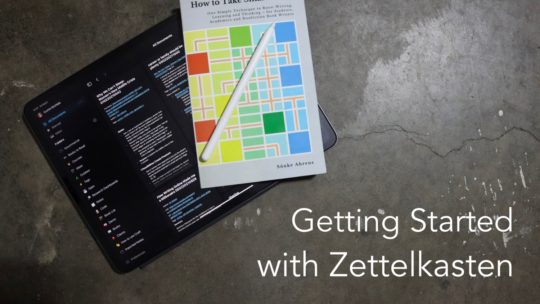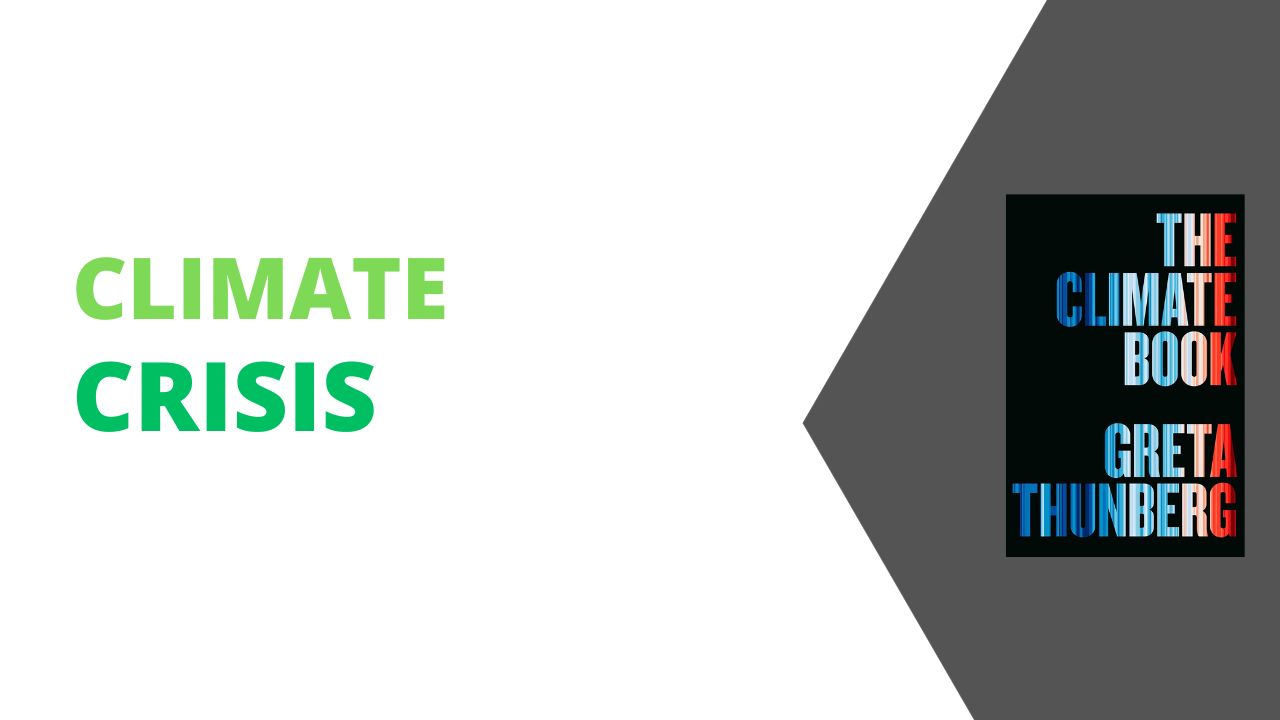The Climate book by Greta Thunberg, is not a book entirely written by the named author, it’s a collection of essays requested by Thunberg. She shows up with her own writing many times in the books, my copy had her writing on darker pages which actually made them harder to read.
The purpose of the book is to get us thinking about the climate crisis in terms that put the responsibility where it lays, with the Global North, which roughly adheres to the powers in the world that pushed colonialism on the rest of the world.
One of the big themes in the book is that the solutions to the climate crisis are known[1], but they don’t fit with the lifestyle that the citizens Global North, and specifically the United States, want to live. The idea that “we” collectively contributed to the climate crisis, only holds true if you look at North America and Europe where every single person uses far more resources than most other people in the world, who are not using meaningful amounts of energy[2].
Since citizens don’t want to change from driving SUV’s and trucks or reduce the size of their houses, or how much the eat…and then throw out…politicians have cover to do nothing about climate change. Oh sure, they say they’re doing something, but in an age where it’s easy to be judged on what you say not on what you do[3], the words are barely worth the air that it takes to transmit them to your ears.
This also ties into the idea that the poor are disproportionately affected by climate change[4], because they can’t simply spend more money and run away from it’s affects with air conditioning, or moving to a higher altitude that keeps them safe from rising sea levels.
We reinforce this pushing of climate change on the poor in how we count the emissions by each country[5]. We count what a country produces, not what a country consumes. But this leaves so many poor countries counting the emissions for the production of goods that are consumed in North America and Europe. These developing countries wouldn’t be producing the crap if North America wasn’t consuming it, so why should they have to count the CO2 numbers against their country?
We don’t count the CO2 emissions at the consumption end, because it makes the numbers for the Global North look better, and since they are the ones primarily making the climate agreements, the rich get to decide the rules that the poor have to live by[6].
As I got to the end of the book I was really wondering what I could do to help with climate change, that’s more than the drop in a bucket I make by not using plastic straws. Greta Thunberg is here at the end of the book to give us some advice.
We need to get out there and be political. That means doing some tracking of what all levels of your government are talking about and making sure that they’re working towards climate justice. You should be voting to increase public transit, and decrease the access of cars to roads so that your city can become more like the cycling leader we see in the Netherlands[7].
Another thing we need to watch for is that we don’t leave anyone behind in the transition to sustainable usage of our environment. As we cut back on fossil fuel use, people that work for oil companies on the ground will need jobs. We should be pushing our politicians to stop oil subsides and use that money to help workers retrain, and support them while that retraining happens.
She has much more advice than those two points, but those are the ones that stuck out to me.
Should You Read The Climate Book by Greta Thunberg?
Overall the book is a stark, but unsurprising wake up call for some. I fully expect that if you’re interested in the book you aren’t denying climate change, that you’re doing at least something to try and make the world a better place.
If you’re interested in where we really are with climate change, then this is a good book to read. If you’re deeply embedded in the fight for climate justice, there may not be much new for you here.
Purchase The Climate Book on Amazon

Getting Started with Zettelkasten
If you’ve been wondering about what Zettelkasten is and how to start organizing your notes with this excellent system then this course is for you. I’ll walk you through how I use this system to develop my reading research for posts like this one here. You can also become a member to get all my courses.
$99 USD (30-day guarantee)
